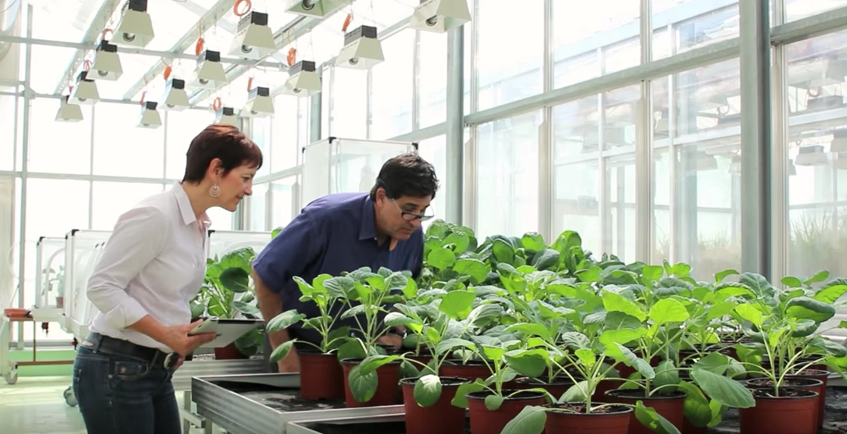There are very mixed responses to the question “Do citizen scientists actually help advance scientific knowledge?” We want to share with you possible ways in which everyday people can make a difference.
Here at Phytl Signs we’re in touch with an academic who is looking at how plants respond to leaf vibrations caused by an insect chewing. Dr Heidi Appel of the University of Missouri already knows that plants “can distinguish the vibrations of a caterpillar feeding from wind and other noises in their environment”
Imagine what we might learn if we recreated this experiment using the same sounds and different plants. Not just one or two, but 1000 different plants… I’m guessing we would see that some plants respond the same way as Arabidopsis, other respond differently and some don’t seem to respond at all. A closer look at the results might show that groups of plants share similar responses.
Perhaps one or two of the people running these experiments in their homes would notice a response that no one else has seen before – perhaps changes in the colour or shape of leaves or changes in the flowering behaviour of a plant. Collating these results is unlikely to provide scientific proof of anything as the experimental conditions would not be tightly enough controlled in peoples’ homes and offices. We wouldn’t generate any “scientifically relevant” answers. But does this mean citizen science has no value? I imagine we would come up with many fascinating questions about cause and effect, experimental protocols and plant behaviour. Questions that people like Dr Appel and Dr Cocroft could investigate in their laboratories using controlled conditions and that could lead to important scientific breakthroughs.
If that happens, then citizen scientists will certainly be helping to advance scientific observation. For me, as a plant enthusiast, it’s an exciting proposition – I’d love to be involved especially because it adds fascinating new dimension to what I’m already doing. Follow this link if you’d like to know more about Phytl Signs.
For more information on Dr Appel and Dr Cocrofts research please follow these links. http://link.springer.com/article/10.1007/s00442-014-2995-6/fulltext.html
[1] http://www.splendidtable.org/story/if-plants-know-theyre-being-eaten-can-that-change-how-we-use-pesticides

